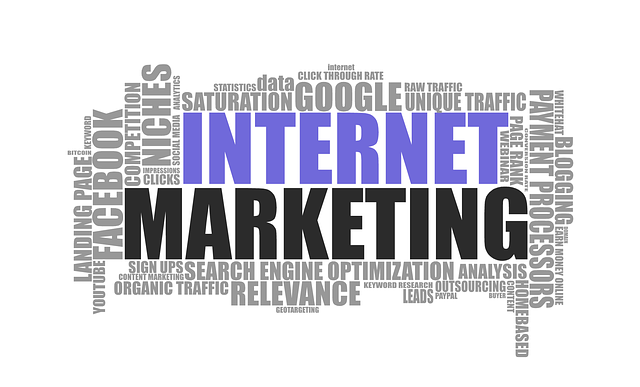Food retail businesses are leveraging AI food cost control software to optimize operations and reduce expenses by analyzing inventory, sales data, and market trends. This technology improves efficiency through real-time visibility, accurate demand prediction, and waste minimization. Strategic consulting firms use AI to streamline supply chain management, automate tasks, and enhance data-driven decision-making, providing businesses with competitive advantages. By integrating seamlessly with existing systems and fostering a data-driven culture, AI food cost control software helps hospitality and retail companies achieve significant cost savings and enhanced profitability.
In today’s competitive market, Artificial Intelligence (AI) is transforming industries, and food retail is no exception. AI business strategic consulting offers a game-changing approach to managing food costs, enhancing profitability, and optimizing operations. This article delves into the pivotal role of AI in food cost control, exploring how strategic consulting can seamlessly integrate AI into existing business models. We’ll uncover the benefits and best practices for implementing AI food cost control software, providing insights crucial for retailers aiming to stay competitive and profitable.
- Understanding AI's Role in Food Cost Control
- Strategic Consulting: Integrating AI into Business Operations
- Benefits and Implementation Best Practices for AI Food Cost Control Software
Understanding AI's Role in Food Cost Control

In today’s digital era, businesses are increasingly leveraging AI for strategic advantages, and food retail is no exception when it comes to controlling costs. AI food cost control software plays a pivotal role in optimizing operations by analyzing vast data sets related to inventory, sales trends, and market dynamics. This technology enables retailers to make informed decisions, predict demand accurately, and minimize waste, ultimately reducing overall expenses.
By implementing AI-driven solutions, companies can efficiently manage perishable goods, optimize stock levels, and identify patterns in customer behavior. These insights facilitate data-backed strategies that lead to significant savings. Moreover, AI software can integrate with existing systems, streamline processes, and provide real-time visibility into food costs, allowing businesses to stay agile and responsive to market changes.
Strategic Consulting: Integrating AI into Business Operations

Strategic consulting involves guiding businesses on how to integrate artificial intelligence (AI) into their operations for optimal efficiency and growth. When it comes to AI food cost control software, strategic consultants help organizations streamline their supply chain management and inventory processes. By leveraging machine learning algorithms, this software can analyze historical data, predict future trends, and optimize stock levels, thereby reducing waste and enhancing profitability.
In the context of AI consulting, experts work closely with clients to identify pain points and areas where AI solutions can make a significant impact. This might include automating repetitive tasks, enhancing decision-making through data analysis, or personalizing customer experiences. Through customized strategies, businesses can harness the power of AI to gain competitive advantages, improve operational effectiveness, and adapt to changing market dynamics.
Benefits and Implementation Best Practices for AI Food Cost Control Software

AI food cost control software offers a game-changing solution for businesses in the hospitality and retail sectors. By leveraging advanced algorithms, this technology can analyze vast amounts of data from various sources, such as inventory management systems, point-of-sale (POS) terminals, and market trends, to provide actionable insights into food costs. This enables businesses to identify areas of inefficiency, reduce waste, and optimize menu pricing, ultimately improving profitability.
When implementing AI food cost control software, best practices include integrating it with existing systems for seamless data flow, ensuring data accuracy and quality, and involving key stakeholders from different departments to maximize buy-in and utilization. Regular training and updates are crucial to keep the model current with changing market dynamics and business needs. Additionally, fostering a data-driven culture where decisions are based on insights derived from AI analysis can lead to continuous improvements in food cost management.
AI food cost control software offers a transformative solution for businesses aiming to optimize their operations. By integrating strategic AI consulting, companies can navigate the complex landscape of data-driven decision-making and harness the power of advanced analytics. This approach not only enhances efficiency but also provides valuable insights, leading to significant cost savings and improved profitability. Embracing AI in food cost control is a game-changer, enabling businesses to stay competitive in today’s dynamic market.
